Sponsored Links
UPDATE UK Prime Minister David Cameron Moots ISP Website Blocks for Rioters
Posted: 11th Aug, 2011 By: MarkJ

 The UK Prime Minster (PM), David Cameron, has told the House of Commons (Parliament) this afternoon that he is working with the industry and security services in an effort to ascertain whether or not "it would be right" to prevent those involved in "plotting violence, disorder and criminality" (i.e. London rioters) from accessing social networking websites like Twitter and Facebook.
The UK Prime Minster (PM), David Cameron, has told the House of Commons (Parliament) this afternoon that he is working with the industry and security services in an effort to ascertain whether or not "it would be right" to prevent those involved in "plotting violence, disorder and criminality" (i.e. London rioters) from accessing social networking websites like Twitter and Facebook.Never mind the fact that such blocks would be virtually unenforceable due to the ease of circumvention and could easily end up targetting the wrong users (i.e. the connection owner isn't always the one using the service, such as in families or a hotel etc.).
Prime Minster, David Cameron, said:
"We [the government] are working with the Police, the intelligence services and industry to look at whether it would be right to stop people communicating via these websites and services when we know they are plotting violence, disorder and criminality."
"We [the government] are working with the Police, the intelligence services and industry to look at whether it would be right to stop people communicating via these websites and services when we know they are plotting violence, disorder and criminality."
The statement comes mere days after the communications regulator, Ofcom UK, ruled that the use of internet filtering technology to block piracy websites "would not be effective" (here) due to the ease with which such methods could be circumvented and other problems.
Jim Killock, Executive Director of the Open Rights Group (ORG), said:
"Events like the recent riots are frequently used to attack civil liberties. Policing should be targeted at actual offenders, with the proper protection of the courts.
How do people ‘know’ when someone is planning to riot? Who makes that judgement? The only realistic answer is the courts must judge. If court procedures are not used, then we will quickly see abuses by private companies and police. Companies like RIM must insist on court processes.
Citizens also have the right to secure communications. Business, politics and free speech relies on security and privacy. David Cameron must be careful not to attack these fundamental needs because of concerns about the actions of a small minority."
"Events like the recent riots are frequently used to attack civil liberties. Policing should be targeted at actual offenders, with the proper protection of the courts.
How do people ‘know’ when someone is planning to riot? Who makes that judgement? The only realistic answer is the courts must judge. If court procedures are not used, then we will quickly see abuses by private companies and police. Companies like RIM must insist on court processes.
Citizens also have the right to secure communications. Business, politics and free speech relies on security and privacy. David Cameron must be careful not to attack these fundamental needs because of concerns about the actions of a small minority."
Aside from the technical difficulty of imposing such requirements upon broadband ISPs, cost and context related issues can also play a part. The case of Paul Chambers is a useful example. Chambers, after being frustrated by the closure of Robin Hood Airport in South Yorkshire, last year jokingly said on Twitter: "Robin Hood Airport is closed. You've got a week... otherwise I'm blowing the airport sky high!". He was later arrested and fined thousands of pounds.
Certainly Chambers shouldn't have said what he did but the vast majority could easily understand his reasoning and context, it's something we all might say.. in private. This also serves to illustrate precisely why it would be a bad idea to give anybody access to our private communications as the context isn't always apparent; especially where role play enters the realm of comedy.
UPDATE 12th August 2011
UK ISP Entanet has waded in to offer its own perspective on the Prime Minister's comments.
Darren Farnden, Head of Marketing at Entanet, said:
"Of course “it would be right” to stop individuals known to be involved in “plotting violence, disorder and criminality”. Whether David Cameron is inferring that the intention is to achieve this through Internet filtering technology or some other physical prevention method isn’t clear.
Certainly the approach of site blocking based on the IP address of the user isn’t the answer as it potentially removes the right of other (innocent) individuals from using the site(s) and is open to abuse, circumvention and is virtually unenforceable. Whether the government and the authorities can gain the co-operation of social media service providers like Twitter, Facebook and BlackBerry to block individual accounts, as has been suggested by some in the last few days, is an interesting one.
However, what’s to stop those individuals setting up new accounts? Further, if fingers are to be pointed at these social media providers, perhaps consideration should also be given to the television companies showing live coverage of incidents which simply acts to pinpoint hot spots for individuals to go to. We live in a society where communication is instant. Trying to remove it, even for good reason, isn’t practical."
"Of course “it would be right” to stop individuals known to be involved in “plotting violence, disorder and criminality”. Whether David Cameron is inferring that the intention is to achieve this through Internet filtering technology or some other physical prevention method isn’t clear.
Certainly the approach of site blocking based on the IP address of the user isn’t the answer as it potentially removes the right of other (innocent) individuals from using the site(s) and is open to abuse, circumvention and is virtually unenforceable. Whether the government and the authorities can gain the co-operation of social media service providers like Twitter, Facebook and BlackBerry to block individual accounts, as has been suggested by some in the last few days, is an interesting one.
However, what’s to stop those individuals setting up new accounts? Further, if fingers are to be pointed at these social media providers, perhaps consideration should also be given to the television companies showing live coverage of incidents which simply acts to pinpoint hot spots for individuals to go to. We live in a society where communication is instant. Trying to remove it, even for good reason, isn’t practical."
Search ISP News
Search ISP Listings
Search ISP Reviews
Latest UK ISP News
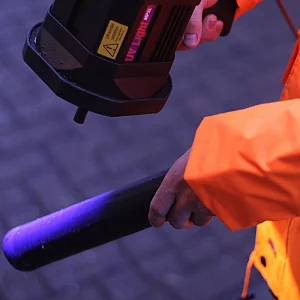

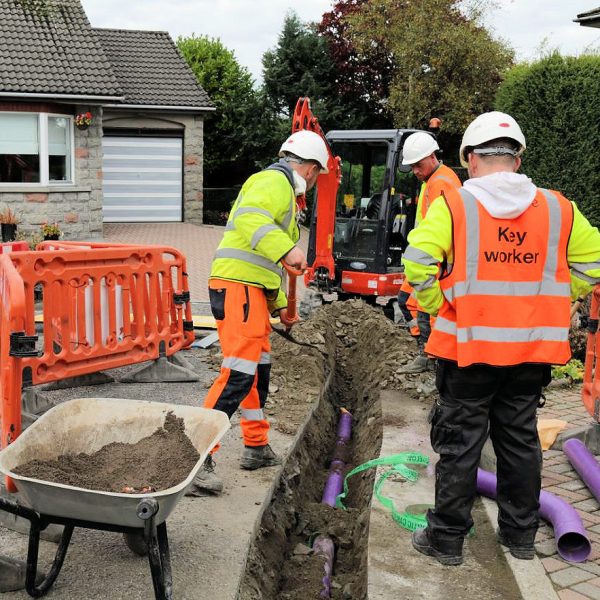

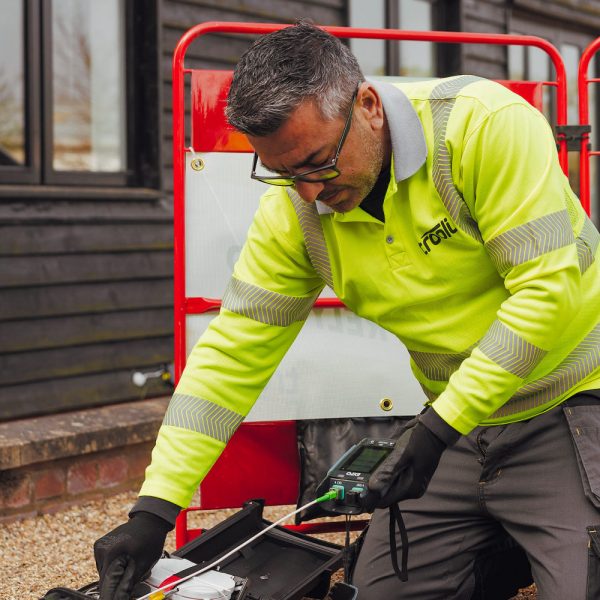

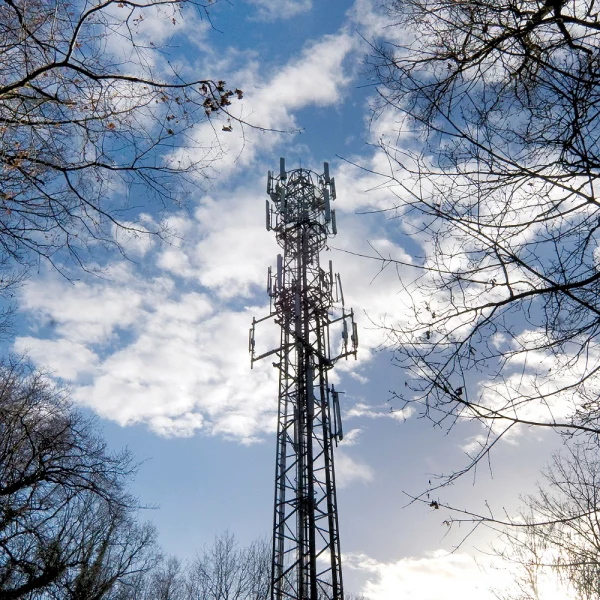
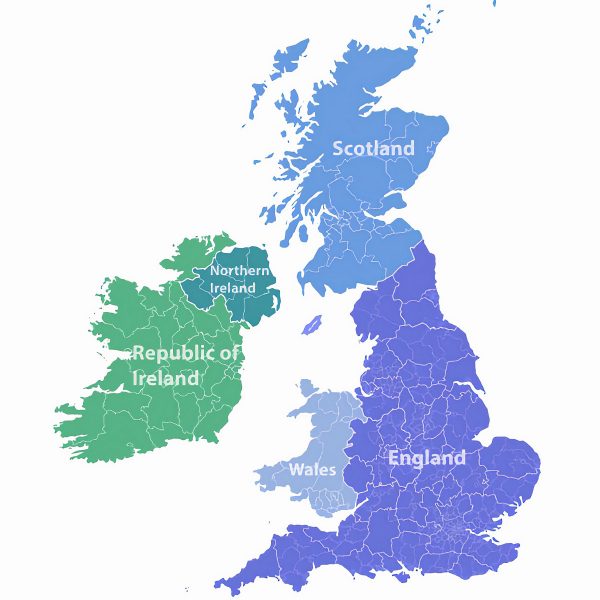
Cheap BIG ISPs for 100Mbps+
150,000+ Customers | View More ISPs
Cheapest ISPs for 100Mbps+
Modest Availability | View More ISPs
Latest UK ISP News
Helpful ISP Guides and Tips
Sponsored Links
The Top 15 Category Tags
- FTTP (5533)
- BT (3518)
- Politics (2542)
- Openreach (2299)
- Business (2267)
- Building Digital UK (2247)
- FTTC (2045)
- Mobile Broadband (1978)
- Statistics (1790)
- 4G (1669)
- Virgin Media (1621)
- Ofcom Regulation (1466)
- Fibre Optic (1396)
- Wireless Internet (1392)
- FTTH (1382)
Sponsored
Copyright © 1999 to Present - ISPreview.co.uk - All Rights Reserved - Terms , Privacy and Cookie Policy , Links , Website Rules

































